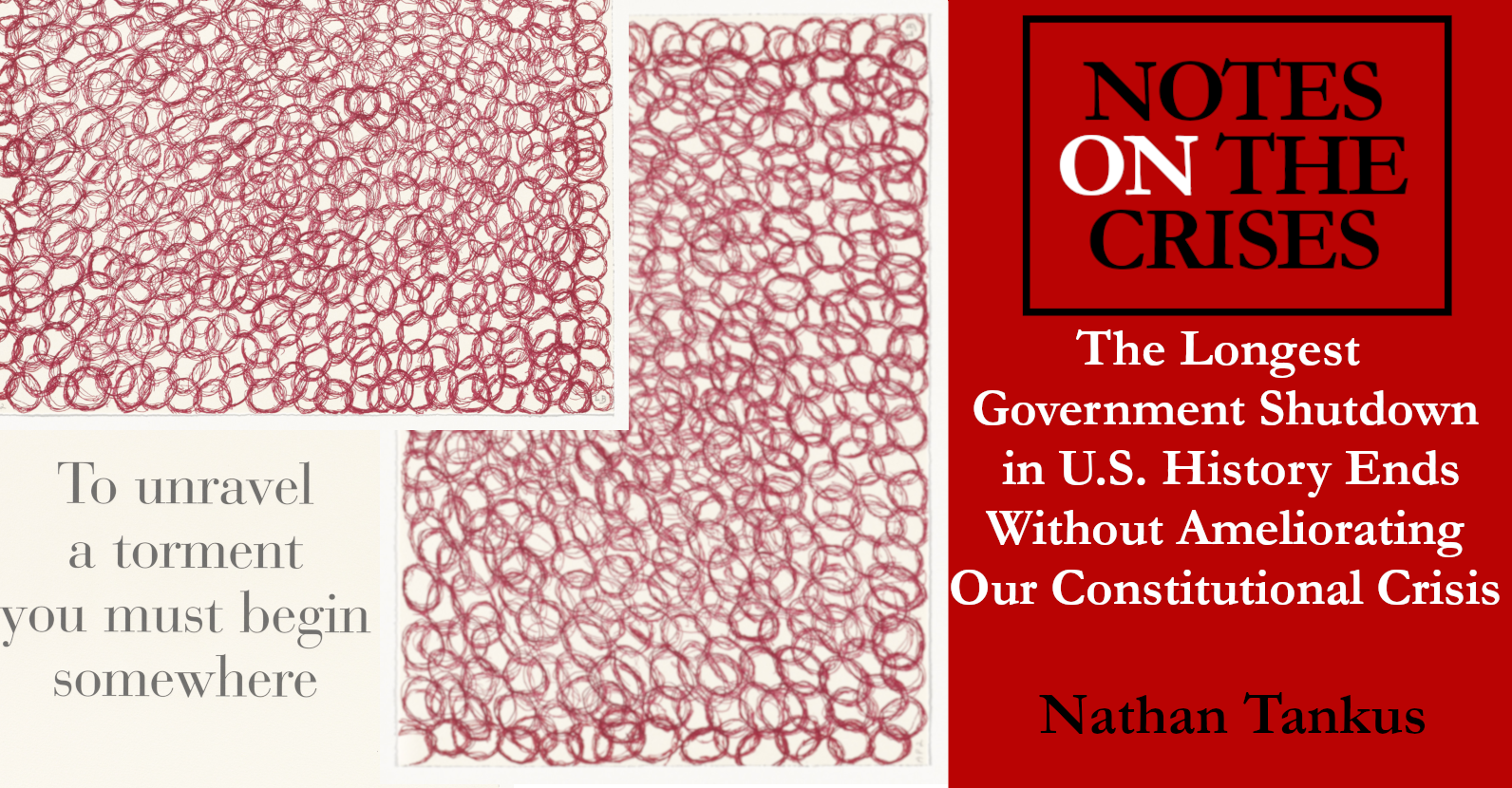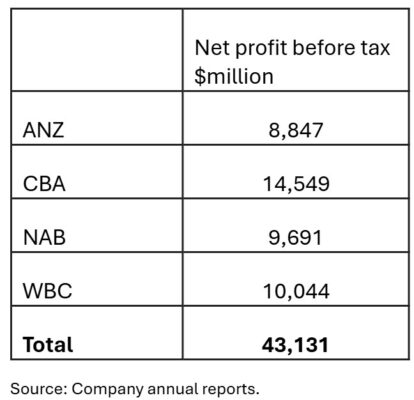President Donald Trump’s latest comments on semiconductor exports sounded almost conciliatory—until they weren’t. Speaking recently on 60 Minutes, the president said he would let NVIDIA “deal with China,” but drew a bright red line: Beijing could buy chips, just not the “most advanced” ones. The message was calibrated for maximum effect: permissive enough to please markets, hawkish enough to claim toughness. NVIDIA’s stock jumped immediately—but China did not get what it wanted.
Days later, in a Financial Times interview, NVIDIA’s CEO Jensen Huang warned that if the U.S. blocked his company from selling more of its advanced chips to China, it would “lose” the AI race. The argument was astonishing in its candor: cut us off, Beijing wins.
The comparison between a president sounding measured and a CEO trying to sound indispensable captures a dangerous inversion of power. NVIDIA has become more than America’s most valuable company. It’s attempting to become its policymaker, shaping the boundaries of what Washington thinks possible in its competition with China.
To understand how one company reached that position, it helps to revisit what happened in Washington just days before Trump met Xi Jinping in South Korea.







